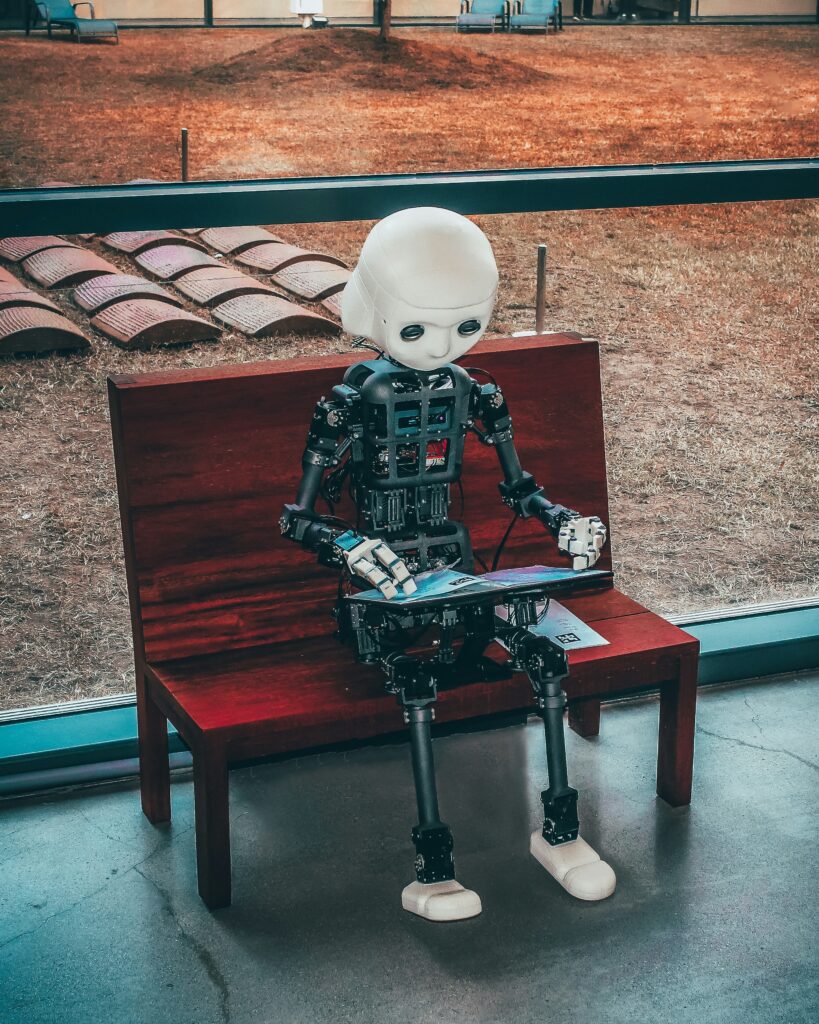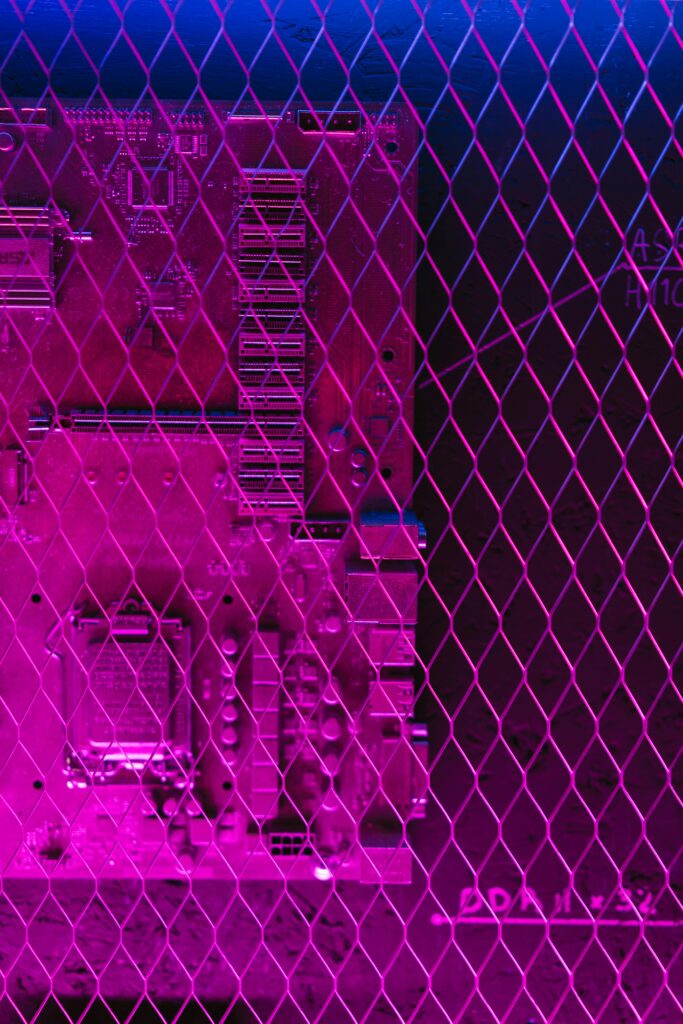The tech landscape of 2025 is defined by smarter tools, ethical imperatives, and mind-blowing innovation. As a developer, staying relevant means adapting to these 7 transformative trends reshaping how we build, deploy, and scale software. Let’s explore!
1. AI Co-Developers: Beyond Copilot

(Source: Unsplash | Photo by Andrea De Santis)
What’s New?
AI has evolved from code suggestions to full-stack co-developers. Tools like GitHub Copilot X and Amazon CodeWhisperer 2.0 now:
Auto-generate entire microservices.
Debug by analyzing runtime context.
Refactor legacy codebases in seconds.
Case Study:
In 2025, startups like CodeCraft use AI to reduce MVP development time by 70%.
Actionable Tip:
Learn prompt engineering for AI tools (e.g., “Generate a secure user-auth API using Node.js and OAuth 3.0”).
2. Quantum-Ready Development

Source: Pexels
Why It Matters:
Quantum computing isn’t sci-fi anymore. Frameworks like Q# (Microsoft) and Cirq (Google) are going mainstream.
2025 Use Cases:
Drug discovery simulations.
Ultra-secure quantum encryption.
Optimizing logistics for climate tech.
Start Here:
Experiment with IBM’s Quantum Lab (free tier) to run basic algorithms.
3. Edge-Native Applications

Source: Pixabay
The Shift:
With 6G rollouts and latency-critical apps (AR, autonomous vehicles), developers are building edge-first.
Tools to Learn:
WebAssembly (Wasm) Edge Runtime – Deploy code to CDNs.
Rust for Edge – Memory-safe, low-latency processing.
Example:
Tesla’s 2025 self-driving cars process 90% of data locally using edge frameworks.
4. Ethical AI Auditing

( Source: Unsplash | Photo by Christina @ wocintechchat.com)
Regulatory Shift:
The EU AI Act (2025) mandates transparency in AI systems. Developers must:
Document training data sources.
Implement bias-detection pipelines.
Add “AI nutrition labels” to apps.
Tools:
Fairlearn 2.0 (Microsoft)
AI Ethics Toolkit (OpenAI)
5. Zero-Code AI Integrations

(Source: Pexels | Photo by Windows)
The Trend:
Platforms like Bubble AI and Retool AI let non-devs embed AI into apps visually.
Why You Should Care:
Full-stack devs use these to:
Prototype AI features faster.
Train client teams on no-code tools.
2025 Stat:
43% of enterprise apps now include no-code AI modules.
6. Sustainable Coding Practices

(Source: Pexels | Photo by Pixabay)
The Green Imperative:
Developers optimize for energy efficiency:
Energy-Optimized Frameworks: SvelteKit, Deno.
Carbon-Aware APIs: Schedule compute during low-energy hours.
Pro Tip:
Use Ecograder to audit your app’s carbon footprint.
7. AR/VR-First Development

(Source: Pexels| Photo by Alex Barnes)
2025 Reality:
Apple Vision Pro 3 and Meta’s Neural Glasses demand apps built for spatial computing.
Skills to Learn:
Unity 2025 (AR Core updates).
WebXR for browser-based VR.


